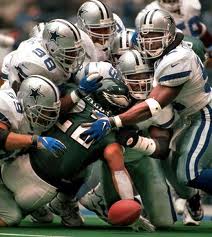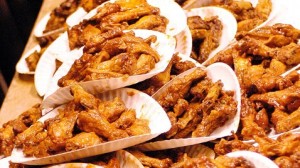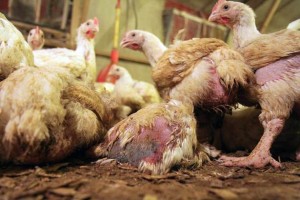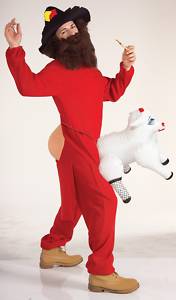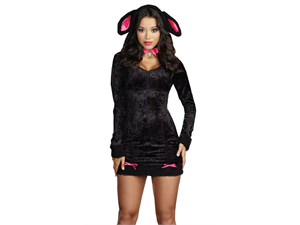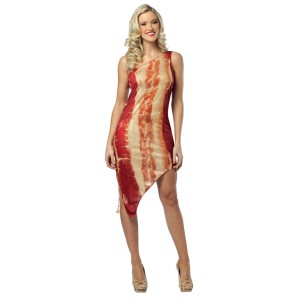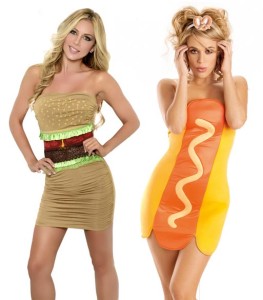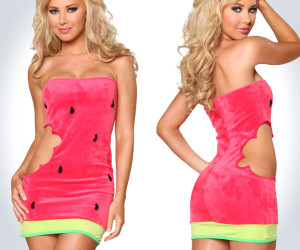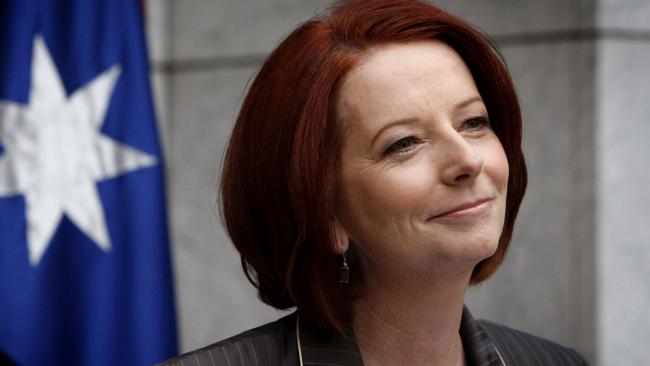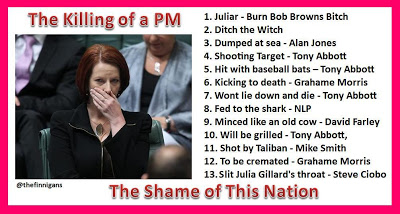Not long ago, the Vegan Feminist Agitator published a piece on rape, meat,1 and “taking what is not ours.” Marla writes:
In both rape and our role in oppressing animals, both can be framed as a birthright (“They were born for me to use as I wish,”) and as what is one’s due (“I spent money and this is what is owed me,”) and also presented in a way that completely belittles the experience of the victim (“Come on, don’t be so melodramatic; it wasn’t that bad.”). Only a sadistic psychopath would use such terms to justify violating another person, but we accept those terms without question on a daily basis involving the animals we consume. Underpinning both rape and eating animals, though, is the conceit that because we can do something, this confers the right to do it, no matter who is harmed or killed in the process.
Under patriarchy, that is, under male rule, feminized bodies (women, nonhuman animals, people of color, the environment, etc.) are understood to be resources. Under patriarchy, the male ruling class is socialized to internalize their entitlement over their subjects. Women exist to give sex, if they don’t give it, then it should be taken from them. Animals exist to use and eat, we take that from them. People of color exist as cheap or free labor, and that is also taken from them. The environment is reframed as our “natural resources,” something to be freely taken. In other words, the world is man’s oyster. Notice even this phrase frames Nonhuman Animals and the environment as a birthright to men!
Remember in The Lion King when Mufasa explained to baby Simba that everything the light touches is theirs? That’s kind of how male supremacy works. It’s an unrestricted entitlement to everything, and it’s an entitlement that is taught.
This afternoon while I was working, football was playing on the television in the other room. One of the commercials caught my attention. I was hearing a man yelling at another man, “Are you a little baby boy, or are you a BIG STRONG MAN?” Hearing this male-on-male gender policing is always disconcerting, but in the context of football, a hyper-masculinized activity, I was especially bothered. Upon investigation, it turned out to be a commercial from Buffalo Wild Wings, a sports bar and restaurant chain that attracts groups of men who want to watch the game, gawk at young underpaid waitresses, and stuff themselves with the body part of chickens glazed with various sauces (BWW is really just a less sexist, less atrocious version of Hooters). In this commercial, there was one piece of chicken body left, and the male subject was afraid to take it and offend his friends who were distracted and watching the game. A football coach had sidled in and was belittling him for not living up to his masculine role. The man reacts and stands up to reassert his masculinity. He announces that he is a MAN and takes the piece of chicken.
Jackson Katz has written extensively on the dangers of male gender policing, that is, pushing men into tiny boxes that equate manhood with aggression, violence, and domination. Not only do fathers, brothers, and other male peers take it upon themselves to teach and enforce “manhood” to other boys and men, but our media is constantly bombarding us with these norms (and the subsequent shame and other consequences associated with failing to uphold those norms). Katz argues that masculinity (like all gender roles) is something that is taught. It is not an innate, testosterone-driven tendency towards oppression (oppression is often naturalized, thus making it difficult to criticize). Rather, it is a socially supported, systematic reinforcement of a male supremacist social rule. Vulnerable groups are not only taught to submit, but privileged groups are taught to dominate. Both are encouraged to view it as natural and normal, that is, if this largely invisible power structure is ever jostled into view in the first place.
In the BWW commercial, the coach firmly reminds the male subject, “You know that one’s yours, right?” He asks if he is just a slow eater or if he is “not man enough to claim what’s rightfully yours?” This is sending a very clear message to male viewers: You are entitled, so if you don’t get what is rightfully yours, then be a man and take it. As men come together to celebrate the highly competitive and violent American football games (with grossly underpaid cheerleaders in bikinis with pompoms happily bouncing around for their enjoyment), the game and the commercials remind them that manhood is defined by fighting for one’s entitlement to absolute ownership. The chicken is yours, it is rightfully yours.
The preoccupation with meat in this context is not coincidental. Carol Adams’2 theory on the sexual politics of meat suggests that Nonhuman Animals, a highly feminized group, are fetishized as the ultimate “man food.” Men kill, grill, and stuff themselves with corpses with great celebration. It is the taking of something (once a someone, someone who was quite unwilling, though often portrayed as very willing indeed) that gives them pleasure. Male domination is seen as an entitlement, as something enjoyable and natural. A bonding experience. Maria Veri and Rita Liberti tackle the sexual politics of meat in the sport wellspring of male supremacy in their 2013 publication “Tailgate Warriors: Exploring Constructions of Masculinity, Food, and Football.” They write: “[ . . . ] the mediated pairing of food and football in TWs [a football cooking show] action on the blacktop reinforces hegemonic masculinity as it displaces and marginalizes women and femininity” (242). Meat, they suggest, is a symbol of this male supremacy and women are largely excluded from sports-related meat rituals (like cook-offs and tailgating).
In all the hoopla over male greatness embodied in plates of dead chickens, pornified women, football games, beer, and yelling, the voices of the tortured dead are conspicuously silent. No one hears the hen and no one sees the hen. She is invisible. According to Carol Adams, she is an absent referent. We know we are eating something of course, but we are completely oblivious to the someone she once was. And who cares anyway? “It’s” rightfully yours, isn’t “it”?
Notes
1. It is important to note that “meat” is a euphemism for animal flesh.
2. See our recommended reading section to learn more about Adams’ theory.
 Dr. Wrenn is Lecturer of Sociology. She received her Ph.D. in Sociology with Colorado State University in 2016. She received her M.S. in Sociology in 2008 and her B.A. in Political Science in 2005, both from Virginia Tech. She was awarded Exemplary Diversity Scholar, 2016 by the University of Michigan’s National Center for Institutional Diversity. She served as council member with the American Sociological Association’s Animals & Society section (2013-2016) and was elected Chair in 2018. She serves as Book Review Editor to Society & Animals and is a member of the Research Advisory Council of The Vegan Society. She has contributed to the Human-Animal Studies Images and Cinema blogs for the Animals and Society Institute and has been published in several peer-reviewed academic journals including the Journal of Gender Studies, Environmental Values, Feminist Media Studies, Disability & Society, Food, Culture & Society, and Society & Animals. In July 2013, she founded the Vegan Feminist Network, an academic-activist project engaging intersectional social justice praxis. She is the author of A Rational Approach to Animal Rights: Extensions in Abolitionist Theory (Palgrave MacMillan 2016).
Dr. Wrenn is Lecturer of Sociology. She received her Ph.D. in Sociology with Colorado State University in 2016. She received her M.S. in Sociology in 2008 and her B.A. in Political Science in 2005, both from Virginia Tech. She was awarded Exemplary Diversity Scholar, 2016 by the University of Michigan’s National Center for Institutional Diversity. She served as council member with the American Sociological Association’s Animals & Society section (2013-2016) and was elected Chair in 2018. She serves as Book Review Editor to Society & Animals and is a member of the Research Advisory Council of The Vegan Society. She has contributed to the Human-Animal Studies Images and Cinema blogs for the Animals and Society Institute and has been published in several peer-reviewed academic journals including the Journal of Gender Studies, Environmental Values, Feminist Media Studies, Disability & Society, Food, Culture & Society, and Society & Animals. In July 2013, she founded the Vegan Feminist Network, an academic-activist project engaging intersectional social justice praxis. She is the author of A Rational Approach to Animal Rights: Extensions in Abolitionist Theory (Palgrave MacMillan 2016).
Receive research updates straight to your inbox by subscribing to my newsletter.


